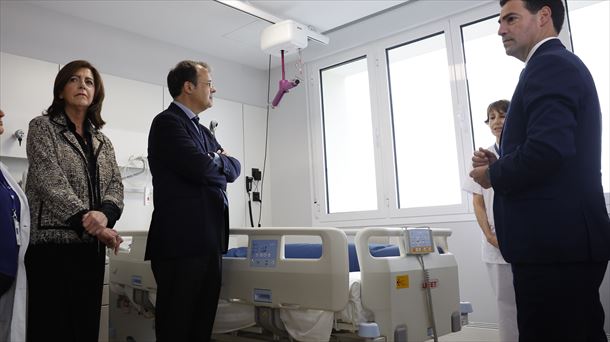About six weeks after the German elections of the Bundestag, the CDU, CSU and SPD have completed their negotiations on the formation of a new government and have agreed on a coalition agreement. Asylum and migration are a focus in the 143 -page pact.
In the migration policy, the new government will enforce the tightening that was announced by the Union in the election campaign, said CDU boss Fridrich Merz. She would “largely put an end to the irregular migration,” he announced. There will be “controls at the national boundaries and also rejections to asylum seekers”.
Stop for fast cases
The future coalition will also abolish fast institutions that were introduced by the traffic light after three years. The earliest possible naturalization should only be possible after five years, Merz said.
Family reunification is stopped
The reunification of the family must also be stopped. In clear language: refugees with limited protection status are no longer allowed to bring family members to Germany for two years.
Tightening in the compensation of the citizens planned
Citizens’ money is also cited: with a “new basic security for job seekers”, after the Black and Red Coalition Agreement, sharper sanctions must be able to use the benefits. The Black and Red Coalition has also been agreed with the pensions. According to this, the pension level must be set at 48 percent by 2031.
Reinforce the competitiveness
According to Merz, the new government will also take measures to reinforce the competitiveness of the German economy. From 2028, corporation tax should fall by one percent per year in five the same steps. The electricity tax must be reduced “to the minimum European measure”, and network costs must also fall “considerably”. There must also be an industrial electricity price.
Earlier, the trade union and SPD had already been agreed in exploratory conversations with an Eleven Page Key Point Paper, which, among other things, took care of the loosening of the debt for defense and a special fund of 500 billion euros for investments, especially in the infrastructure.
SPD receives seven ministries
The staff: the SPD receives seven ministries in the new federal government. These are finances, justice and consumer protection, work and social affairs, defense, environment with climate, development aid and construction. In addition to the Chancellery, the CDU was good for six ministries and the CSU three.
Chancellor’s election probably at the beginning of May
The parties must now agree with the contract before he can then be signed and CDU boss Friedrich Merz can be elected Chancellor in the German Bundestag. The elections of the Chancellor could take place at the beginning of May in a conversation on 7 May.
At the SPD, the members vote on the CDU a small party congress, the board of the CSU. The coalition negotiations had started mid -March, three weeks after the German Federal Election on 23 February.
Source: Krone
I am Ida Scott, a journalist and content author with a passion for uncovering the truth. I have been writing professionally for Today Times Live since 2020 and specialize in political news. My career began when I was just 17; I had already developed a knack for research and an eye for detail which made me stand out from my peers.



